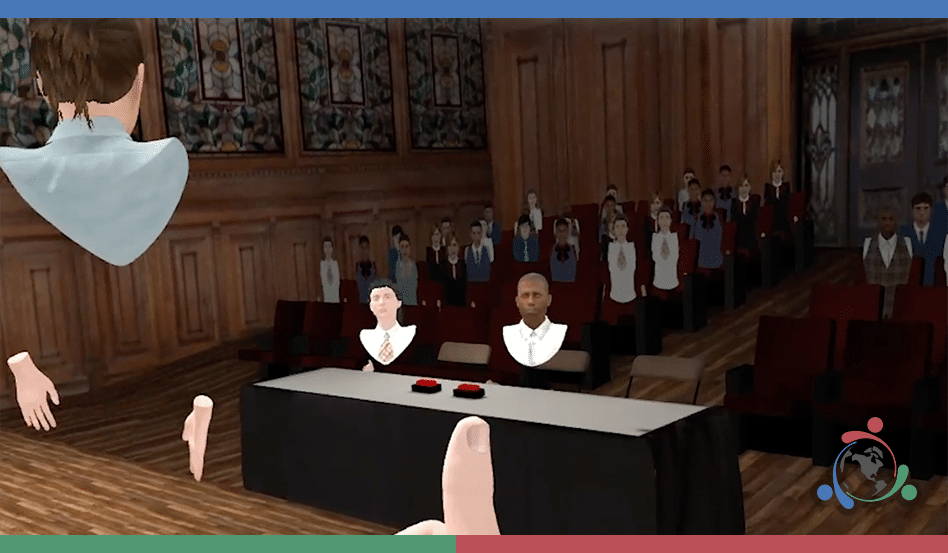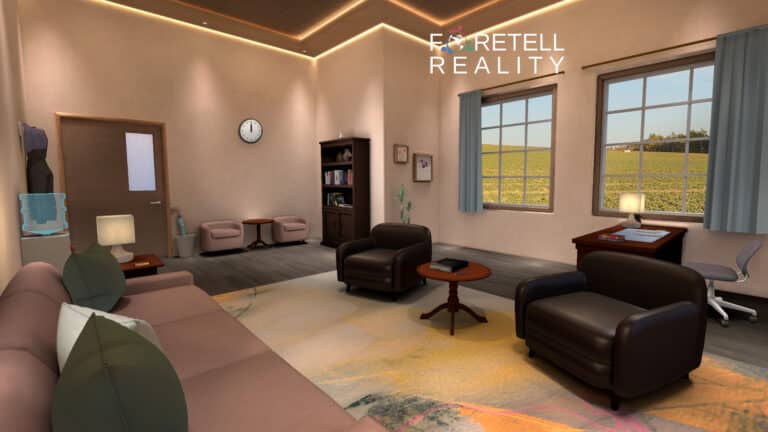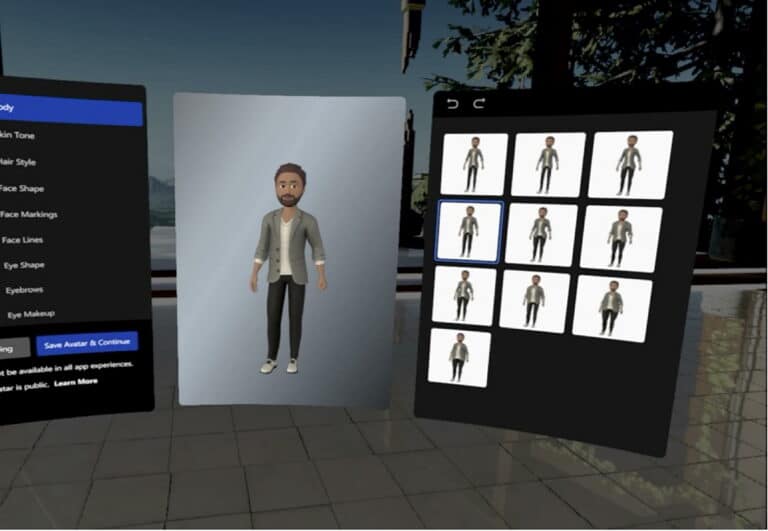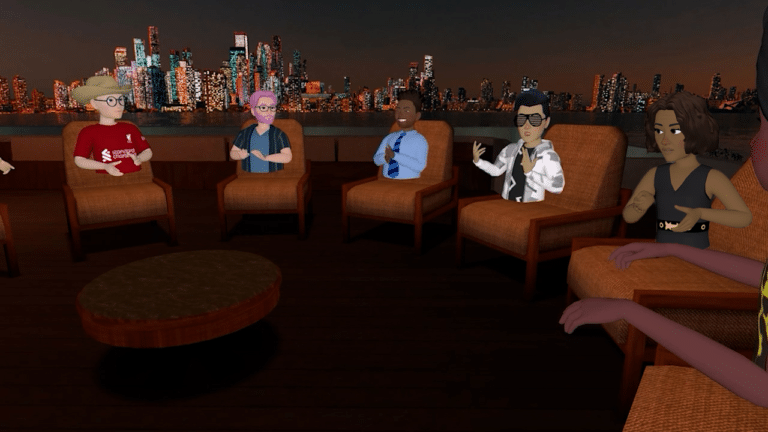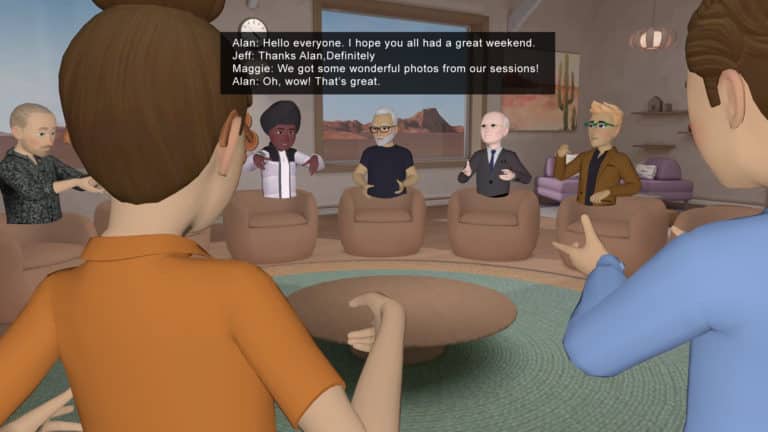Public speaking anxiety (PSA) is one of the most common phobias affecting approximately 73% of the population. It is so common that it actually beats out the fear of death, spiders, or heights.
As with many phobias, one common treatment for PSA is exposure therapy. Exposure therapy involves confronting the situation you fear most while being observed and guided by a trained therapist or clinician. Through repeated exposure to what appears to be an insurmountable fear, the level of anxiety and stress are diminished over time.
Traditional exposure therapy can also involve guided visualization. If you are afraid of spiders, you are asked to visualize a spider approaching you. Over time, a real spider may be introduced in a controlled setting.
For public speaking anxiety in particular, the introduction of a realistic but “safe” scenario is more difficult to achieve. How do you bring together a room full of people to play the audience (let alone in a pandemic)? How do you expose people to different types of room set ups? Different size crowds? Different types of people?
In response to these challenges, a recent study looked at the effectiveness of guided exposure therapy in Virtual Reality (VR) to treat PSA. The study, which intentionally leveraged affordable hardware and psychologists only minimally trained in VR, concluded:
“VR exposure therapy can be effective under routine care conditions and is an attractive approach for future, large-scale implementation and effectiveness trials.”
Among the studies finding were that patients’ self-reported a “robust” decrease in PSA following VR-assisted therapy and that the “exposure therapy exerted these benefits by reducing patients’ fear of negative evaluation and catastrophic beliefs.”
The study also found that “patients rated the quality of their speech performances higher after watching the avatar perform a playback of their speech.”
As the authors of the study point out, using VR to treat anxiety in general is not new.
“Dozens of high-quality trials since the early 2000’s support the efficacy of VR exposure therapy (VRET) for anxiety disorders (Carl et al., 2019; Fodor et al., 2018; Opriş et al., 2012), showing effect sizes similar to in-vivo exposure therapy (Wechsler et al., 2019) and that treatment effects generalize also to reduced fear of real-world equivalent phobic stimuli (Morina et al., 2015).”
Using it to overcome fear of public speaking, however, seems to be particularly effective because it confronts one of the primary fears of public speaking – brain freeze. Ironically, the fear of being judged or negatively perceived by others can actually cause the exact outcome a speaker is trying to avoid.
“If your brain starts to freeze up, you get more stressed and the stress hormones go even higher. That shuts down the frontal lobe and disconnects it from the rest of the brain. It makes it even harder to retrieve those memories,” explains Dr. Michael DeGeorgia of Case Western University Hospitals in an article published by the National Social Anxiety Center.
Through the ability to repeatedly practice public speaking in front of convincing audiences of real or simulated people, VR provides a safe environment to reduce the stress and anxiety that leads to brain freezes. This in turn increases confidence which leads to less chance of a brain freeze, a virtuous cycle.
Foretell Reality works with partners to design therapeutic VR experiences that reduce stress and anxiety in different ways. One example is our work with Fordham University in which business students were placed in VR simulations with other students to practice presenting and pitching both to large crowds and to small groups of peers. Students donned VR headsets and entered environments replicating real world board rooms, auditoriums, and networking spaces.
For more information about Foretell Reality and our various partners and use cases, please visit our site or schedule a demo.


